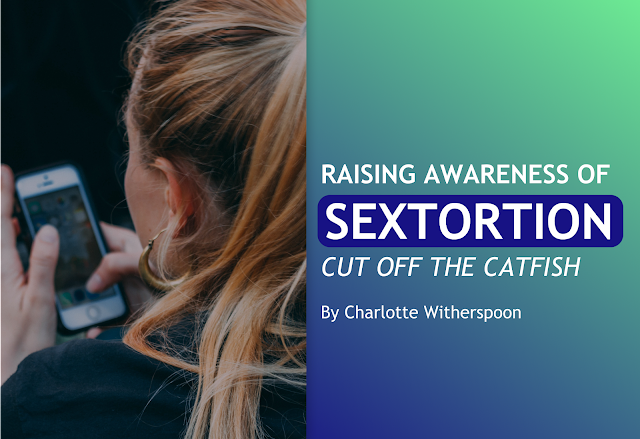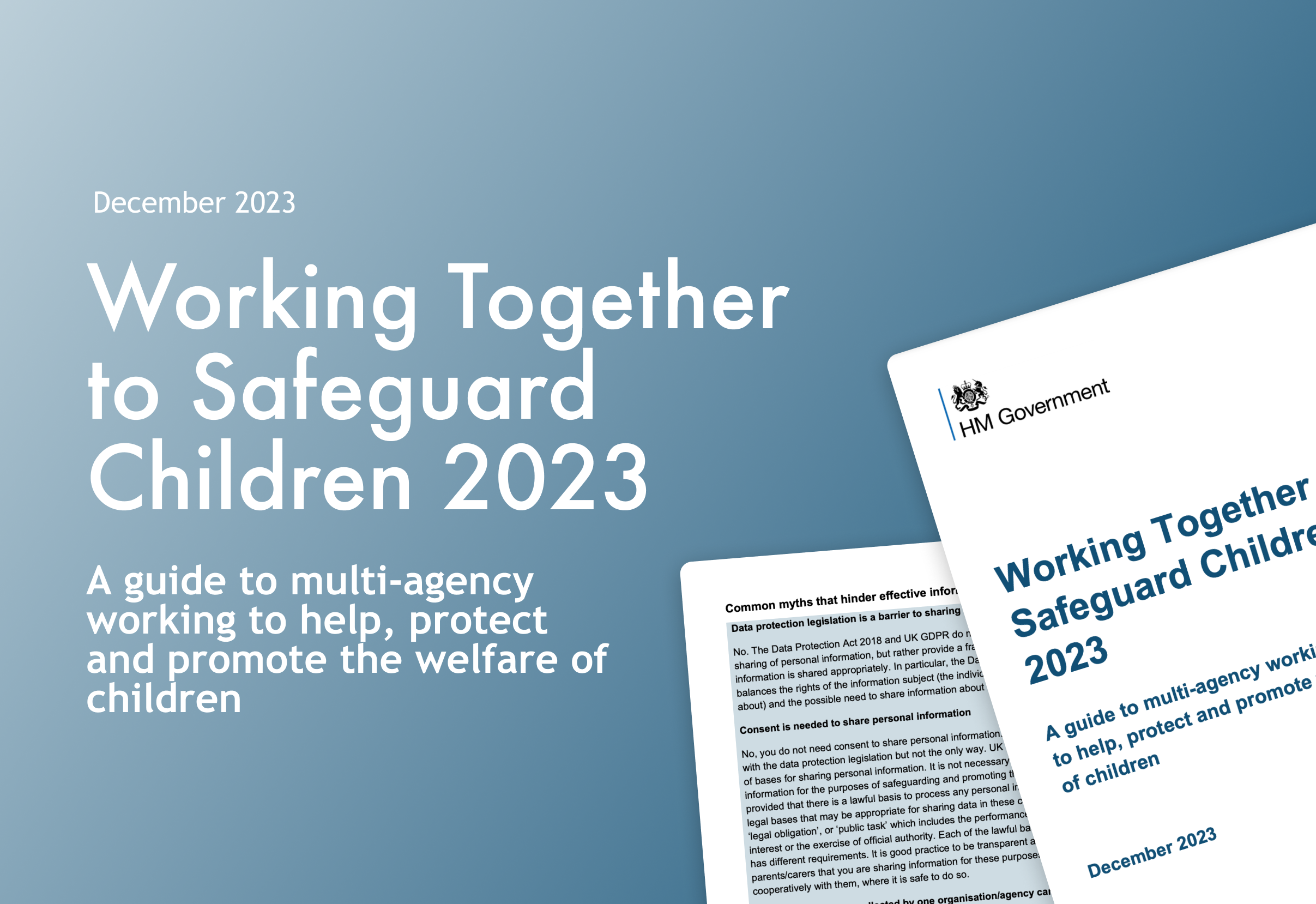Raising awareness of sextortion 📱
Raising awareness of Sextortion
CUT OFF THE CATFISH
Not long ago, making prank calls was about the worst trouble children and young people could get into with a phone. But today, perpetrators often target people through dating apps, social media, webcams or pornography sites, stalking and blackmailing their victims.
The majority of cases involve individuals meeting via social media or dating websites and forming a relationship through conversation. The perpetrator will then often, after gaining the victim's trust, quickly persuade them to send intimate images or videos or will record sexual content without the victim’s knowledge or consent.
Sextortion is a common crime and the perpetrators often apply as much pressure as possible on the victim to extort them financially by:
- Making threats to share recorded footage on social media
- Blackmailing the victim for money to be sent via an online banking transaction
- Obtaining screenshots of your friend's list from social media and threatening to send the imagery to them
- Make allegations that you have been inappropriately speaking with a child or young person
Interestingly, in 80% of cases, the perpetrator was a criminal gang, 11% involving a current or former partner, and in 88% of cases men were the victim.

The UK's Revenge Porn Helpline noted that the threats “are very real, but the content is rarely released."
Sextortion is a form of blackmail ‘with a view to gain for himself or another or with intent to cause loss to another he makes any unwarranted demand with menaces’, and is covered by Section 21 of the Theft Act 1968. The National Crime Agency has published some helpful guidance on what to do if you are a victim of sextortion. They list four points;
- Do not panic
- Contact your local police and internet service provider immediately
- Do not communicate further with the criminals
- Do not pay
- Preserve evidence
- Do not delete any correspondence
Report the matter to the Police on 101 or contact the Revenge Porn Helpline for further help and guidance.
StopNCII is a platform designed to support victims of Non-Consensual Intimate Image (NCII) abuse and works to digitally hash private sexual content and prevent this from being shared across the platforms of participating industry partners so if you are concerned it has been leaked create a case with them to investigate. With an over 90% removal rate, they have successfully removed over 200,000 individual non-consensual intimate images from the internet.
Revenge Porn is also against the law in the UK for someone to ‘without consent, disclose, or threaten to disclose, private sexual images with intent to distress’ under Section 33 Criminal Justice and Courts Act 2015 (Revenge Porn).
Google Alerts
You can set these up with tags for your name so if anything is posted online in your name you will be alerted via an email. Intimate image abuse can have huge consequences on your mental health and wellbeing. The trauma can leave you feeling distressed, humiliated and alone. There are a wide range of services and organisations that operate within the UK who are there to provide support and assistance:
- Hub of Hope- Samaritans
- The Mix
- Mind







Comments
Post a Comment